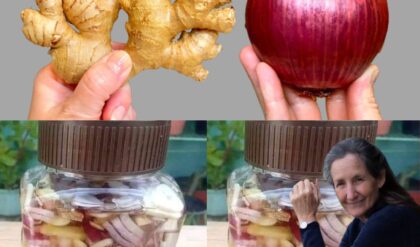Asthma, a chronic respiratory condition characterized by airway inflammation and constriction, affects millions worldwide. While conventional treatments like inhaled corticosteroids and bronchodilators are standard, some individuals explore herbal remedies to complement their asthma management. One such herb is mullein (Verbascum thapsus), traditionally used for respiratory ailments.

Mullein: An Overview
Mullein is a biennial plant native to Europe, Asia, and Africa, now widespread in North America. Recognizable by its tall stalks and yellow flowers, mullein has been utilized in traditional medicine for centuries, particularly for respiratory issues.
Potential Benefits for Asthma

Mullein leaves are believed to possess anti-inflammatory and soothing properties, which may help alleviate certain asthma symptoms. Some herbalists recommend mullein tea or extracts to support lung health and reduce inflammation. However, scientific evidence supporting these claims is limited. A review in Clinical Phytoscience notes that while some herbs show promise in asthma treatment, more rigorous studies are needed to confirm their efficacy.
Usage and Preparation
Mullein is commonly consumed as a tea:
- Dried Leaves: Steep 1–2 teaspoons of dried mullein leaves in boiling water for 10–15 minutes.
- Strain: Use a fine mesh to remove tiny hairs that may cause throat irritation.
- Consume: Drink up to three times daily, as recommended by a healthcare provider.
Mullein is also available in tincture and capsule forms.

Safety and Considerations
While generally considered safe, mullein may cause skin irritation or, when consumed as tea, side effects like headache, nausea, or dizziness in some individuals. These effects have not been extensively studied in clinical trials. It’s crucial to consult a healthcare professional before incorporating mullein into your asthma management plan, especially if you’re on medication or have existing health conditions.
Conclusion
Mullein has a history of use in traditional medicine for respiratory conditions, including asthma. While some individuals report symptom relief, scientific evidence is limited. Always consult with a healthcare provider before trying new treatments to ensure safety and appropriateness for your specific health needs.





